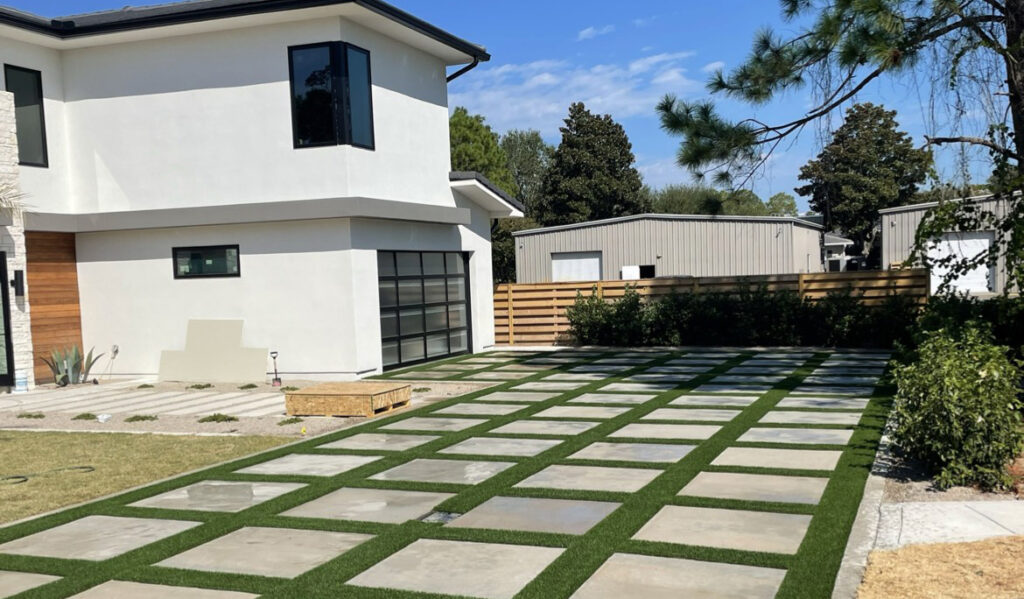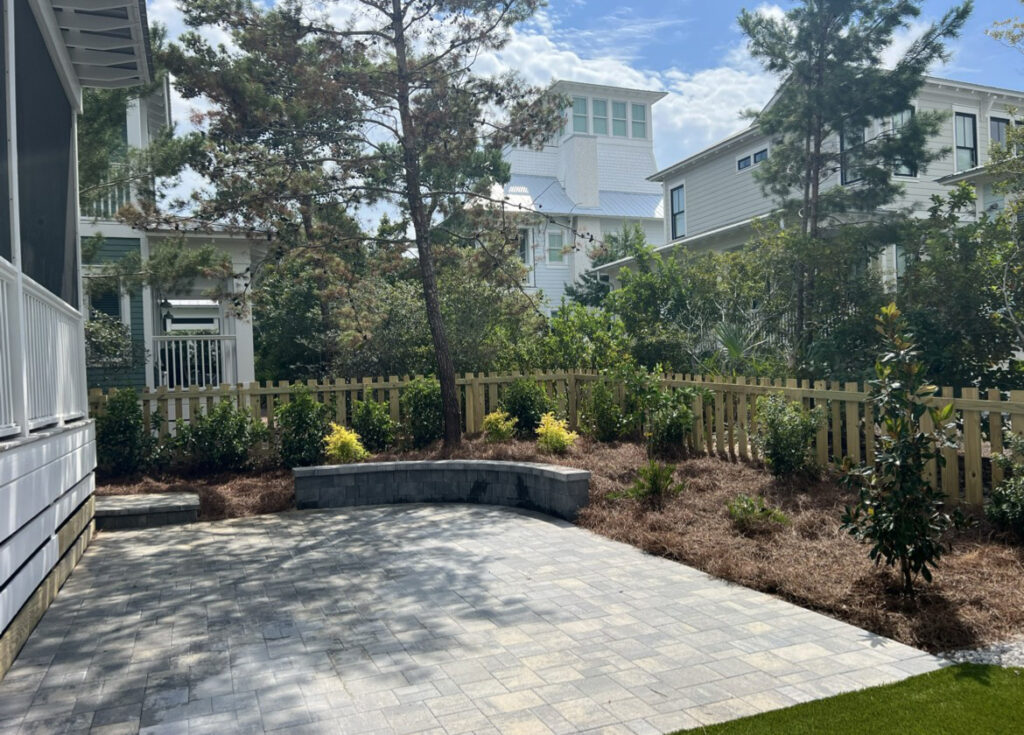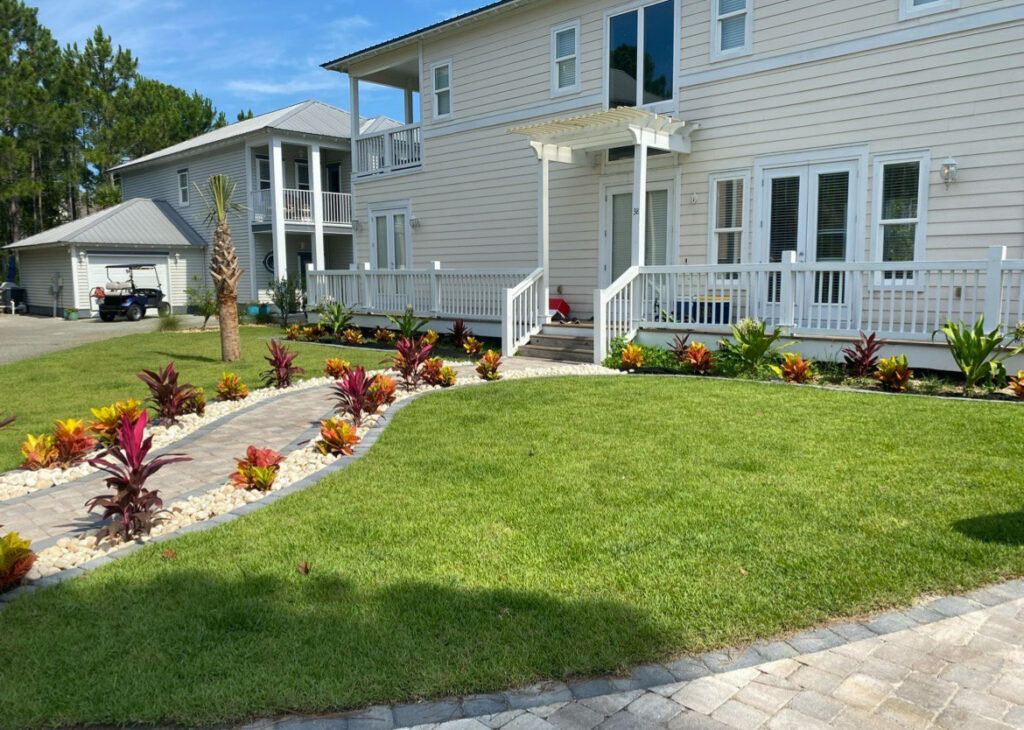At 30A Pavers, we are paving professionals when it comes to paver installations. Whether it’s brick, concrete, stone or any other type of paving, we have experience with it. 30A Pavers offers fast, efficient, and flawless hardscaping solutions that surpass your expectations.
Your home is probably your most valued long-term investment, so whether you are renovating, putting in a pool deck, driveway or new walkway, it is important to make an informed decision when it comes to what type and color of paving you want.
When choosing pavers, consider both function and aesthetics. The color should go with the tone of your home, the color of your roof, your landscape and the surrounding environment. 30A Pavers will help install your vision and set it in stone.



Types of Paver Stones
Brick Pavers
Brick pavers are made of clay and aggregate and fired in a kiln. There are a wide variety of brick colors and textures available. Very strong and stain-resistant paving material. Sealants can help prevent fading.
Concrete Pavers
Concrete pavers are molded concrete mixed with aggregate and air-dried. They are available in a variety of colors and styles with interlocking patterns. Some concrete pavers are dyed to look like brick. They must be sealed to retain color. Very strong and durable types of pavers. Interlocking concrete pavers with small gaps between them allows water to drain through.
Stone Pavers
Travertine pavers are made from natural stones. The most common types of travertine pavers are made of flagstone or fieldstone. They are more expensive than bricks and concrete. Limestone pavers are strong and often used for edging. Travertine pavers retain their natural color and withstand the weather; seldom need cleaning. It is absorbent, so it is often used for pool decks and other pool areas. Natural stone is not ideal for high-traffic areas because it can break under pressure.
Paver Maintenance
Pavers are pretty much maintenance-free, although you can sweep, seal and clean most pavers to enhance their appearance and life. Sealing some types of pavers will minimize staining and help them last longer.
Reseal concrete pavers every two years, especially in areas with heavy traffic.
Clay pavers usually don’t need sealing unless they come in contact with grease and oil.
To clean brick pavers, use water and a small amount of detergent to wash away grime.
Fix a cracked paver only if the crack is large and noticeable. It may be less expensive to replace individual pavers than to fix crack.
Natural stone, brick, clay and any other type of pavers will add beauty and increase value to your home. Limestone, flagstone and fieldstone are popular choices but aren’t recommended for high-traffic areas. Brick and concrete pavers are strong and durable.
